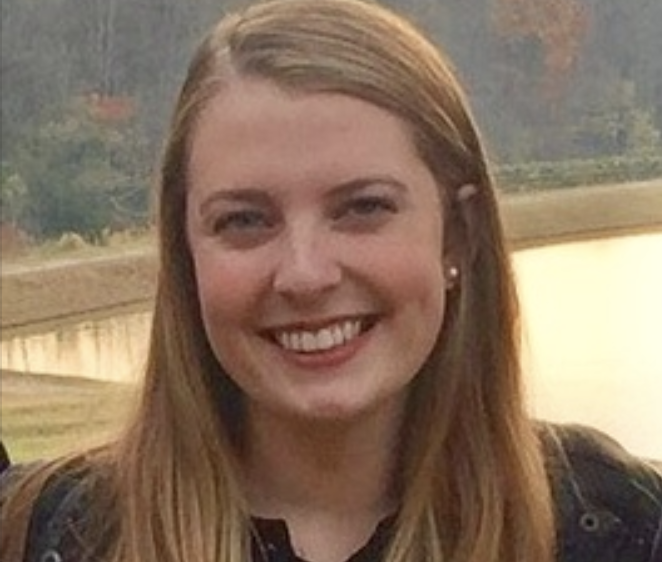The 21 Best Science-Fiction Books to Read in 2025, From Genre Classics to New Bestsellers
Whether you're intrigued by time travel or distant planets, every sci-fi lover needs these novels on their TBR stack.
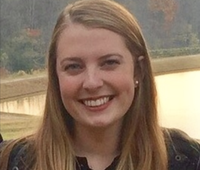
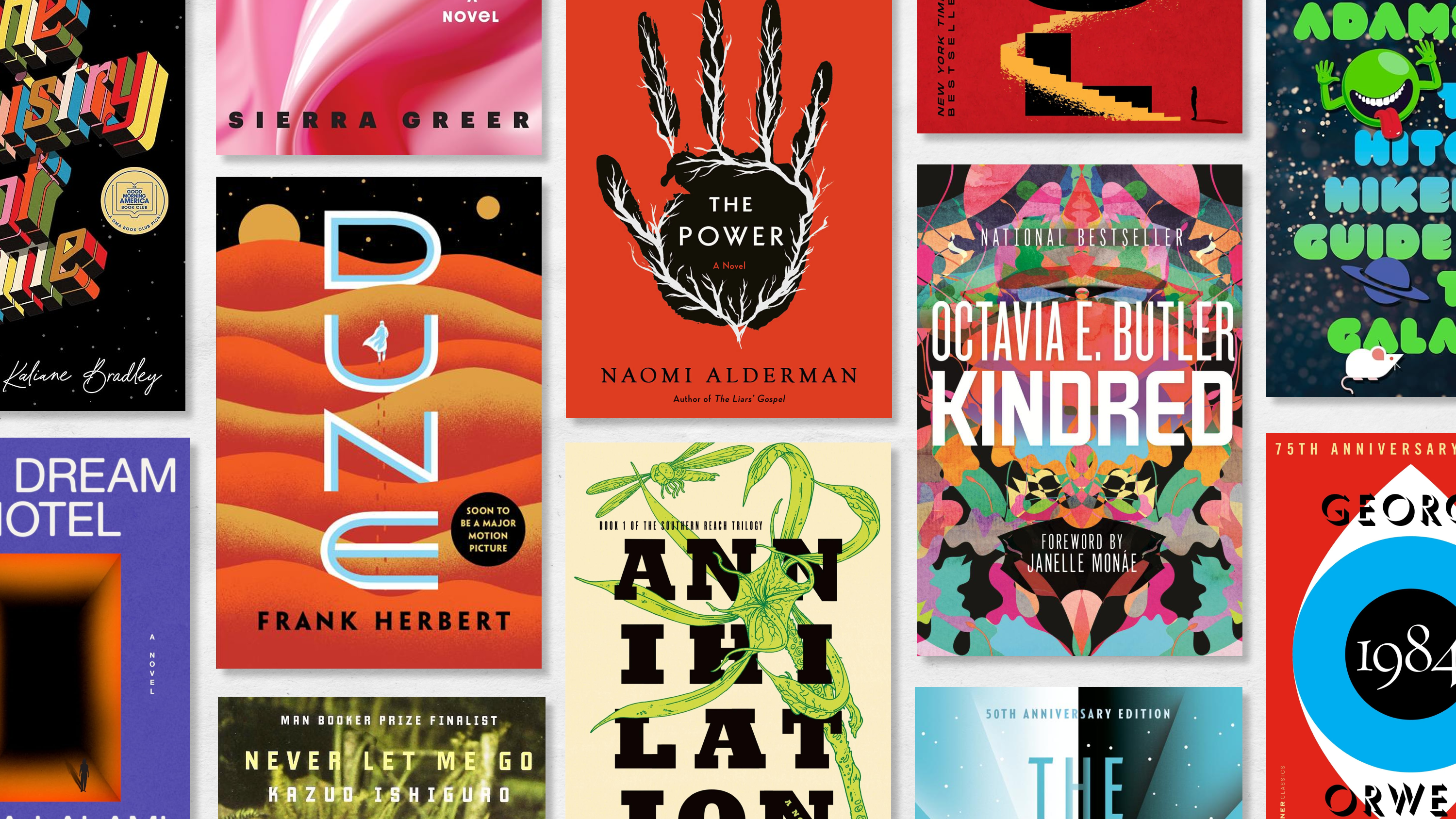
Select the newsletters you’d like to receive. Then, add your email to sign up.
You are now subscribed
Your newsletter sign-up was successful
Want to add more newsletters?

Delivered daily
Marie Claire Daily
Get exclusive access to fashion and beauty trends, hot-off-the-press celebrity news, and more.

Sent weekly on Saturday
Marie Claire Self Checkout
Exclusive access to expert shopping and styling advice from Nikki Ogunnaike, Marie Claire's editor-in-chief.

Once a week
Maire Claire Face Forward
Insider tips and recommendations for skin, hair, makeup, nails and more from Hannah Baxter, Marie Claire's beauty director.

Once a week
Livingetc
Your shortcut to the now and the next in contemporary home decoration, from designing a fashion-forward kitchen to decoding color schemes, and the latest interiors trends.

Delivered Daily
Homes & Gardens
The ultimate interior design resource from the world's leading experts - discover inspiring decorating ideas, color scheming know-how, garden inspiration and shopping expertise.
Science fiction can seem like an intimidating genre for the uninitiated, what with its fantastical tales of advanced technologies, otherworldly beings, and, yes, all that science. But in reality, there’s something for everyone in sci-fi, with entries in the literary canon spanning a vast range of scientific accuracy and complexity, overlapping with countless subgenres—fantasy, romance, dystopia, climate fiction, you name it—and, almost always, using their futuristic elements to convey important messages about the current state of humanity.
Whether you’re already a sci-fi savant or just dipping your toes in the speculative waters, here are 21 of the best sci-fi books out there, from genre-defining classics like Frankenstein and The Time Machine to newer favorites like Annie Bot and Dream Hotel, exploring aliens, monsters, time travel, artificial intelligence, parallel universes, and everything in between.
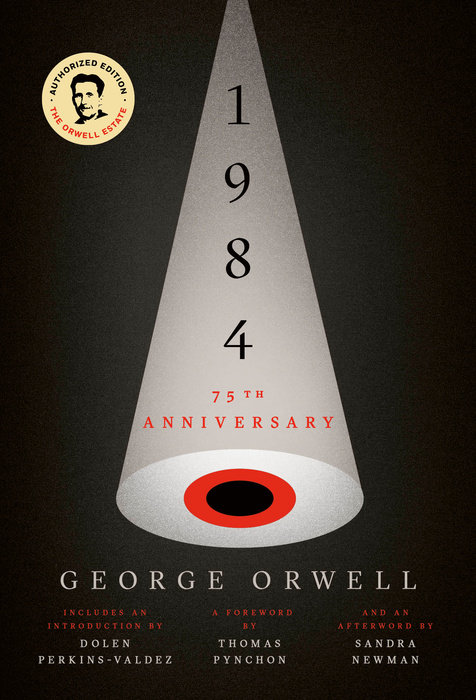
George Orwell’s dystopian classic offers a warning about how authoritarian governments use propaganda and censorship to manipulate truth itself. The famous text imagines a near-future society in which the Thought Police use two-way televisions, cameras, hidden microphones, and other technologies to monitor citizens, on the lookout for even the slightest indication of opposing the dictatorial government.
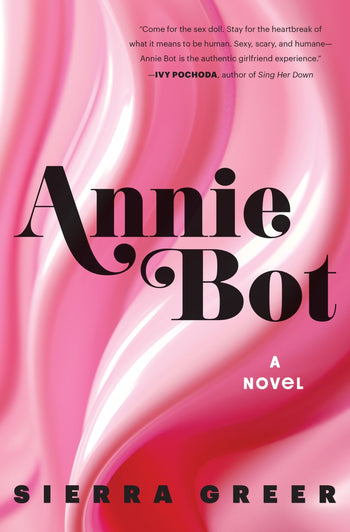
It doesn’t feel like we’re that far off from the world of Sierra Greer's Annie Bot, in which people can purchase extremely humanlike robots to serve as their romantic companions. Annie’s AI technology is so advanced that she seems almost like an actual human, leading her to explore what, exactly, that entails—and forcing her boyfriend to confront how he actually feels about his partner experiencing all the imperfections of womanhood.
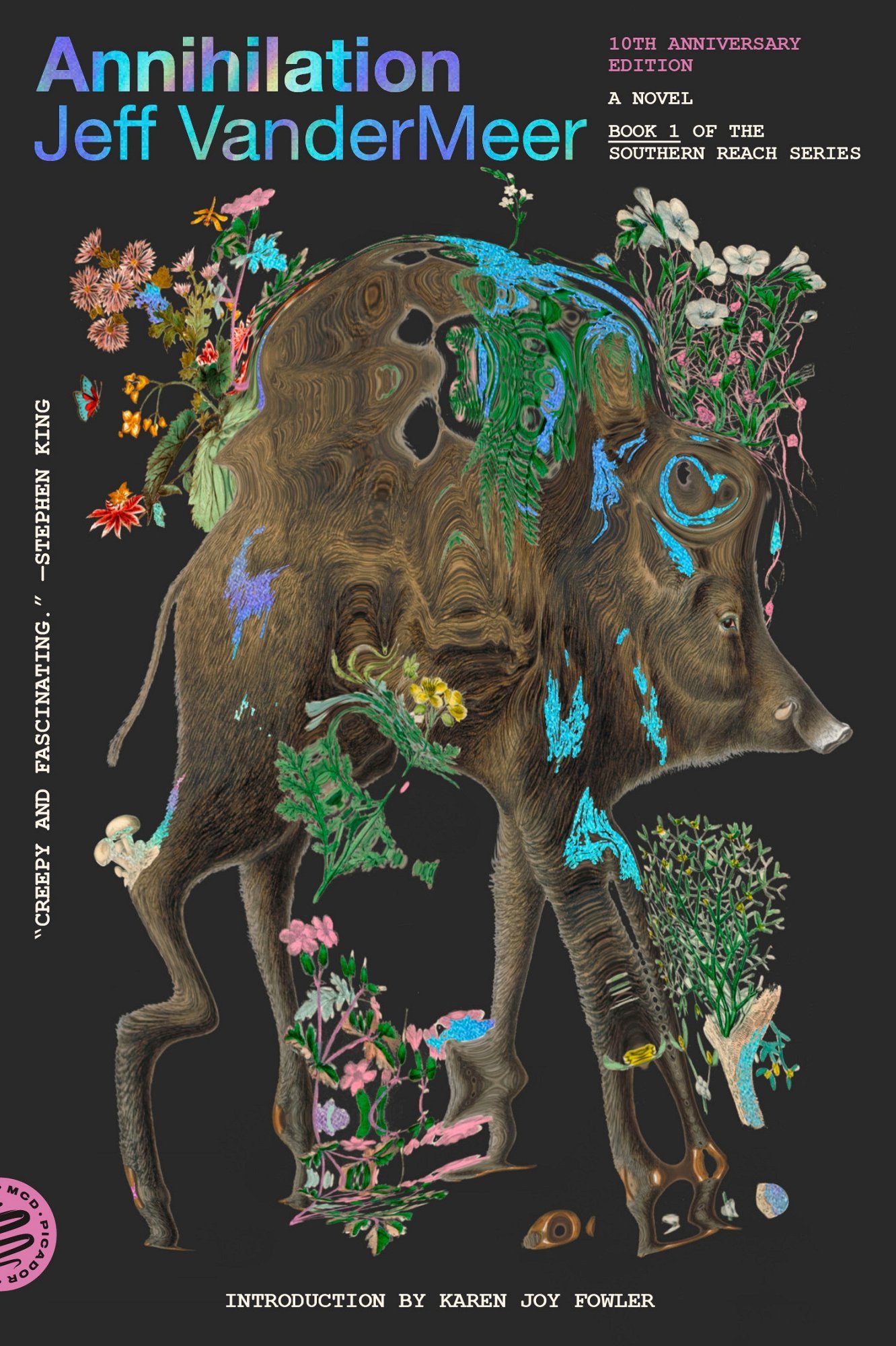
In an uninhibited region of the U.S. known only as Area X, expeditions are regularly sent for observation and exploration, only for all participants to be struck down by psychological and physical ailments. The 12th such expedition, the subject of Annihilation, comprises four women, including a biologist who soon comes into contact with a mysterious, possibly alien fungus, to otherworldly effects. (The film adaptation, helmed by Alex Garland and starring Natalie Portman, is also excellent.)
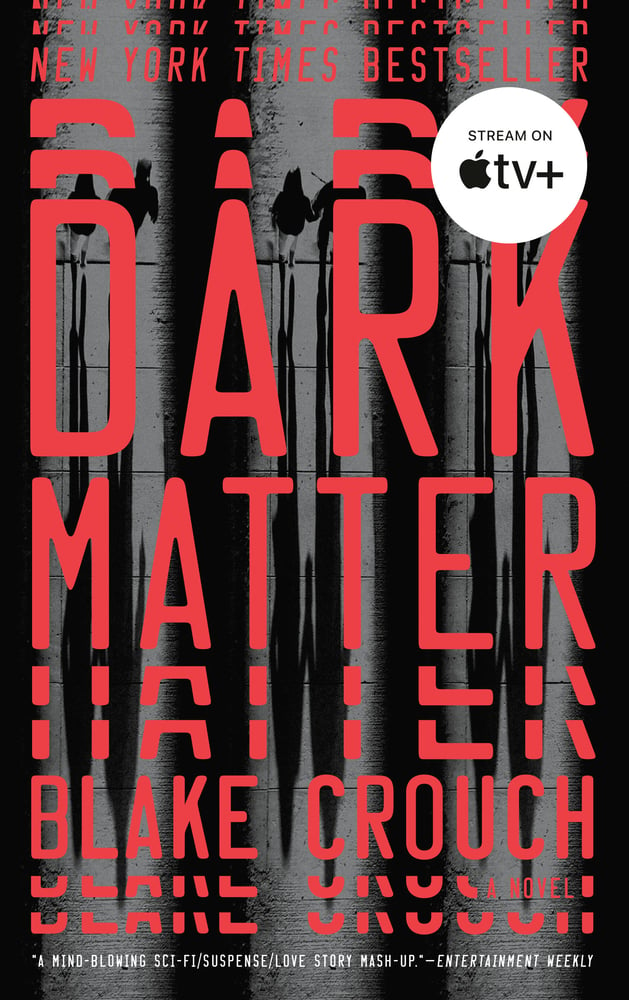
This twisty adventure through parallel universes is basically a more science-y Sliding Doors. It explores how different quantum physicist Jason’s life would’ve been if he'd changed a single decision 15 years prior—and if one of his alternate selves hadn’t gotten so curious about those differences that he built a machine capable of journeying to different timelines.
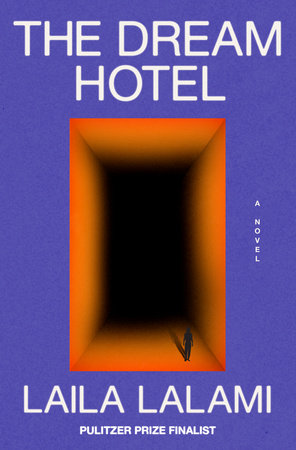
Another sci-fi novel that feels a little too close for comfort, Laila Lalami’s 2025 book imagines an America where the government can tap into a medical brain implant to monitor people’s subconscious thoughts. They do so to preemptively imprison them for anything deemed potentially threatening, whether there’s any actual indication that they’ll come to fruition or not.
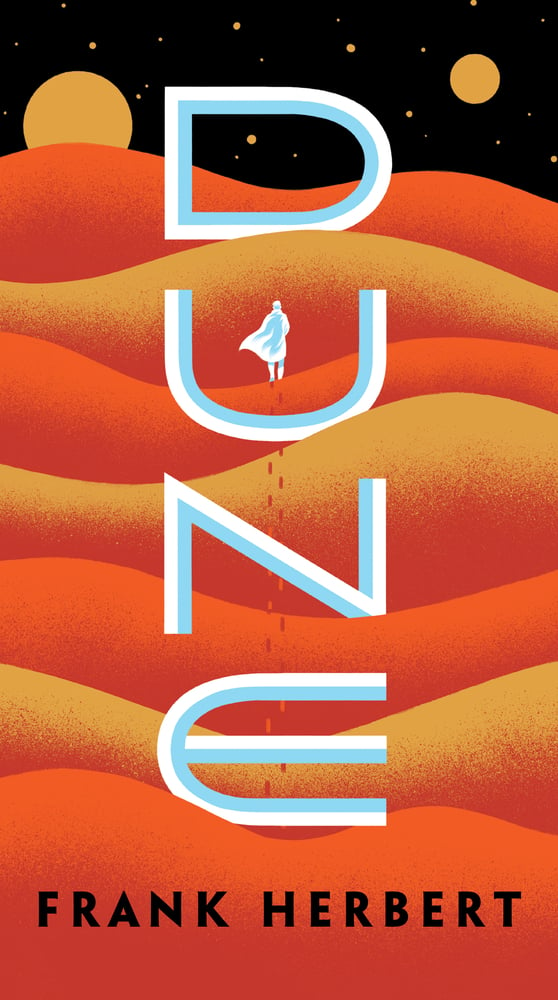
Frank Herbert’s 1965 epic is one of the best-selling sci-fi novels of all time, and for good reason. It painstakingly builds out a distant-future world where warring families and factions on various planets fight for control of a drug known as “spice” that can enhance mental abilities and enable space travel. At the center of it all is Paul Atreides, a young man primed by his mother to become something of a messiah figure to the interplanetary society. (Whether you've already seen the book-to-movie adaptations starring Timothée Chalamet or not, reading the source material adds so much more to the world-building.)
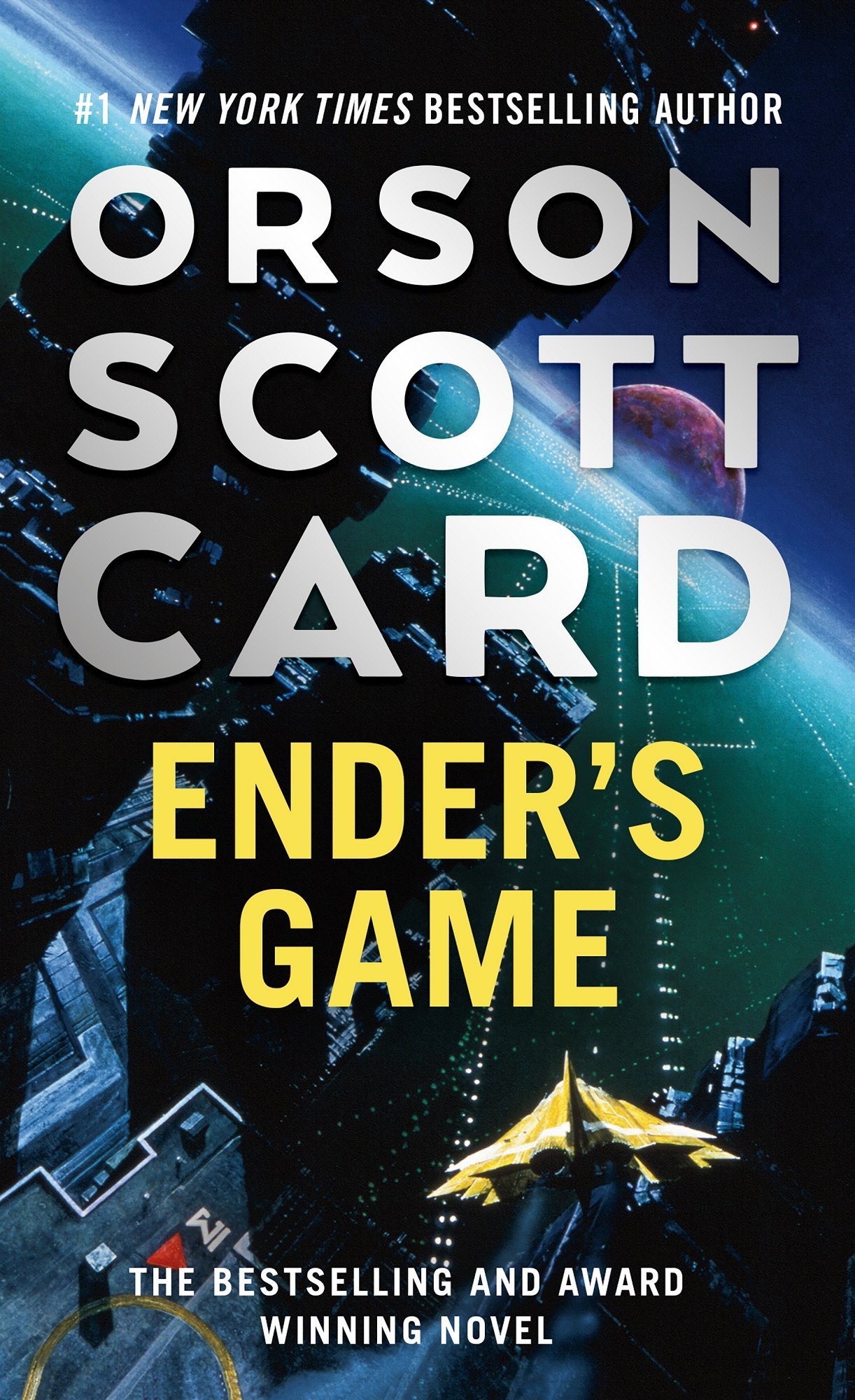
In this 1985 fave, Ender is among the child geniuses recruited to be trained as elite military officers to help lead the ongoing war between humans and a species of aliens they call “buggers.” Throughout his early tween years, he excels at the training, which comprises what he’s told are virtual space combat simulations, culminating in a very climactic final battle.
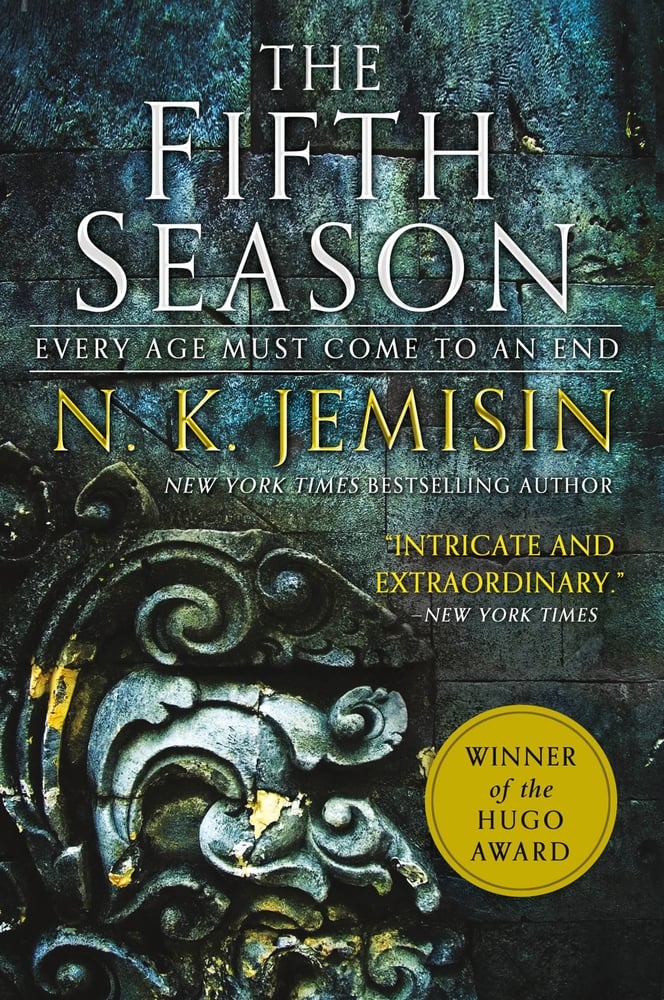
Kicking off N.K. Jemisin’s acclaimed Broken Earth series, The Fifth Season introduces readers to a planet that’s home to several castes of people, each with their own powers, skills, and specific places in society. The story follows three women of different groups, each on an urgent journey as the planet’s next “fifth season” of catastrophic destruction looms.
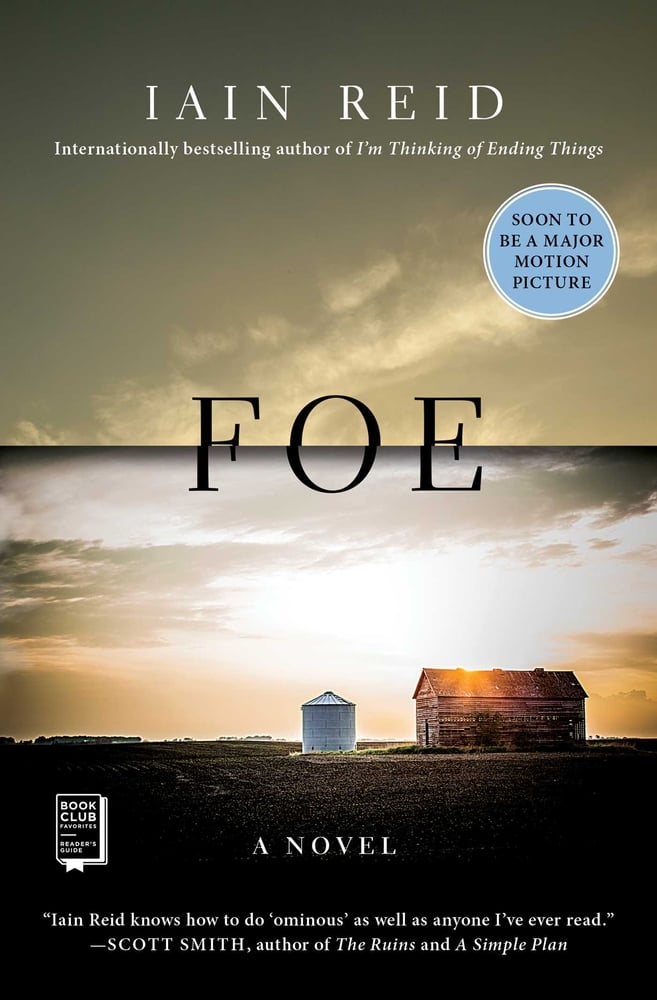
On an Earth ravaged by climate change, Junior and Henrietta, a married couple living on an isolated farm, are visited by a stranger who recruits Junior to travel to space and offers a lookalike robot to keep Henrietta company while he’s gone. I won’t spoil anything else about the plot, but make sure you carve out plenty of time to read this one: If you're anything like me, you just might devour it in one sitting and, after reaching the shocking ending, immediately restart to look for any details you missed.
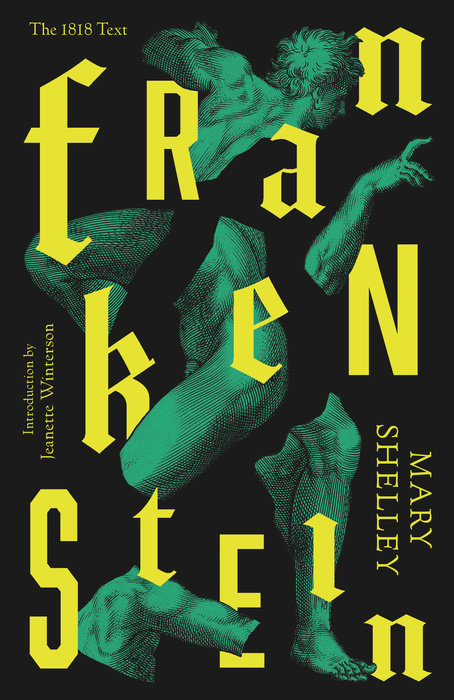
Mary Shelley’s 1818 Gothic classic is often regarded as the first modern science fiction novel. If you haven’t revisited it since 10th-grade English class, a refresher: Young scientist Victor Frankenstein pieces together human body parts to create and bring to life a grotesque creature who quickly learns the trappings of humanity but, after constant rejections by society, is all but forced to fulfill their image of him as a monster.
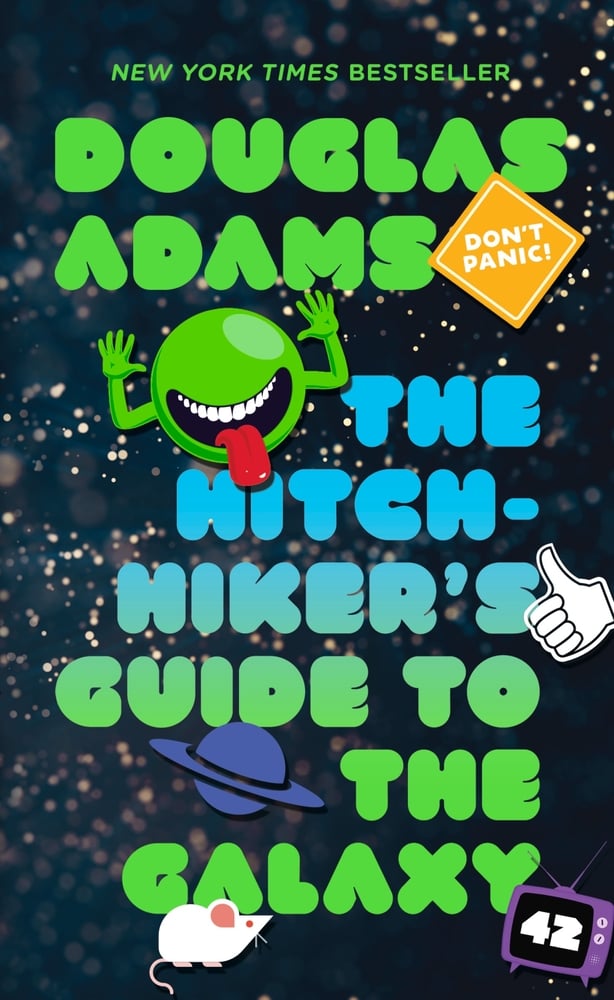
This laugh-out-loud funny sci-fi comedy has remained consistently beloved in the genre since it was published in 1979. It follows Arthur Dent, the only human to survive Earth’s destruction, who escapes in a spaceship and finds himself on a madcap adventure across the universe that teaches him the truth of Earth’s existence, with the help of the titular encyclopedia.
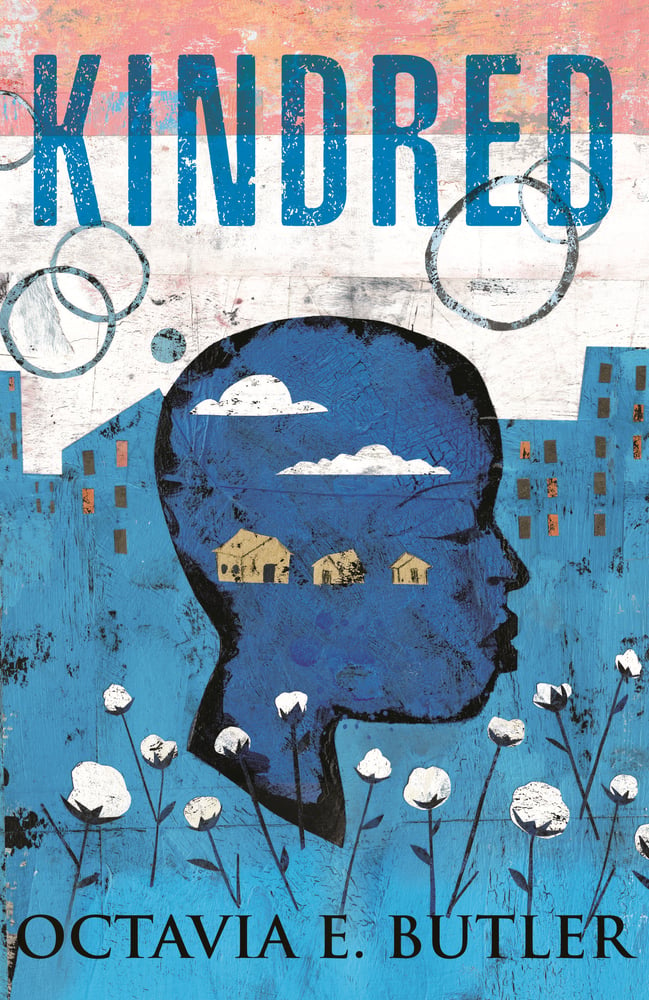
Blending historical fiction with time travel, Octavia E. Butler’s powerful novel centers on Dana, a young Black woman in late 20th-century America who finds herself repeatedly and unceremoniously yanked across decades into the Antebellum South, sometimes with her white husband. The journey forces them both to reckon with not only the realities of slavery but also how its legacy has continued to impact them and their respective places in the world in the present day.
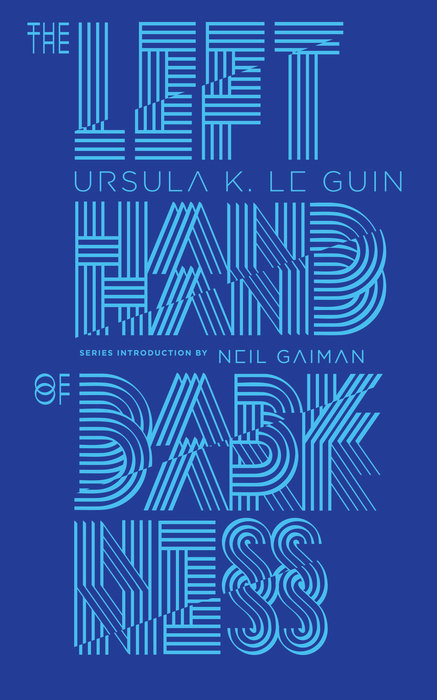
Ursula K. Le Guin’s masterwork was one of the first books in the canon of feminist sci-fi, as one of its major themes is the exploration of how sex and gender impact culture and society. The book is seen through the eyes of a bewildered visitor to Gethen, a planet full of individuals who can select and change their genders at will.
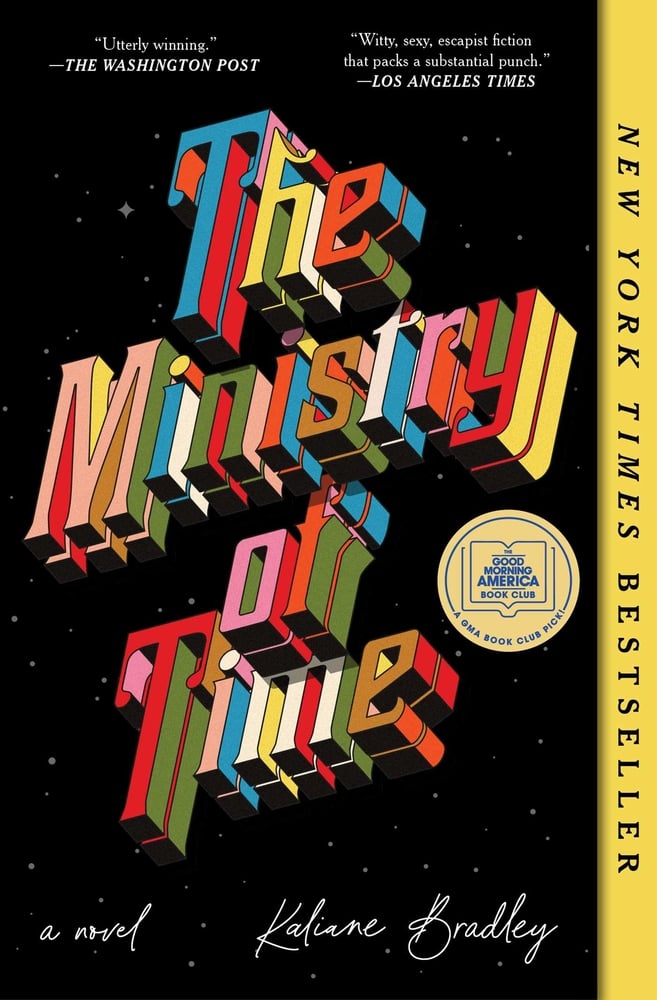
In this 2024 novel, the titular government agency has been bringing people from throughout the past to present-day London to assess the effects of time travel on the human body and space-time continuum before sending modern humans through time. The unnamed narrator is among the government workers tasked with overseeing one of the “expats” and soon finds herself embroiled in a time-jumping plot rife with moles, spies, and a healthy dose of century-spanning romance.
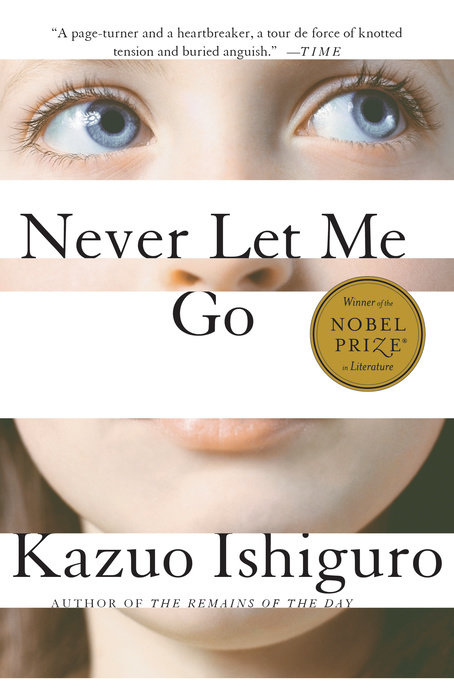
This haunting dark academia book focuses on a trio of friends who grew up attending a boarding school in the English countryside in the 1990s. Now adults facing different stages of the same grim future, the friends look back on their collective past, from their shifting romantic and platonic relationships with one another to their coming to terms with what lies ahead for them all.
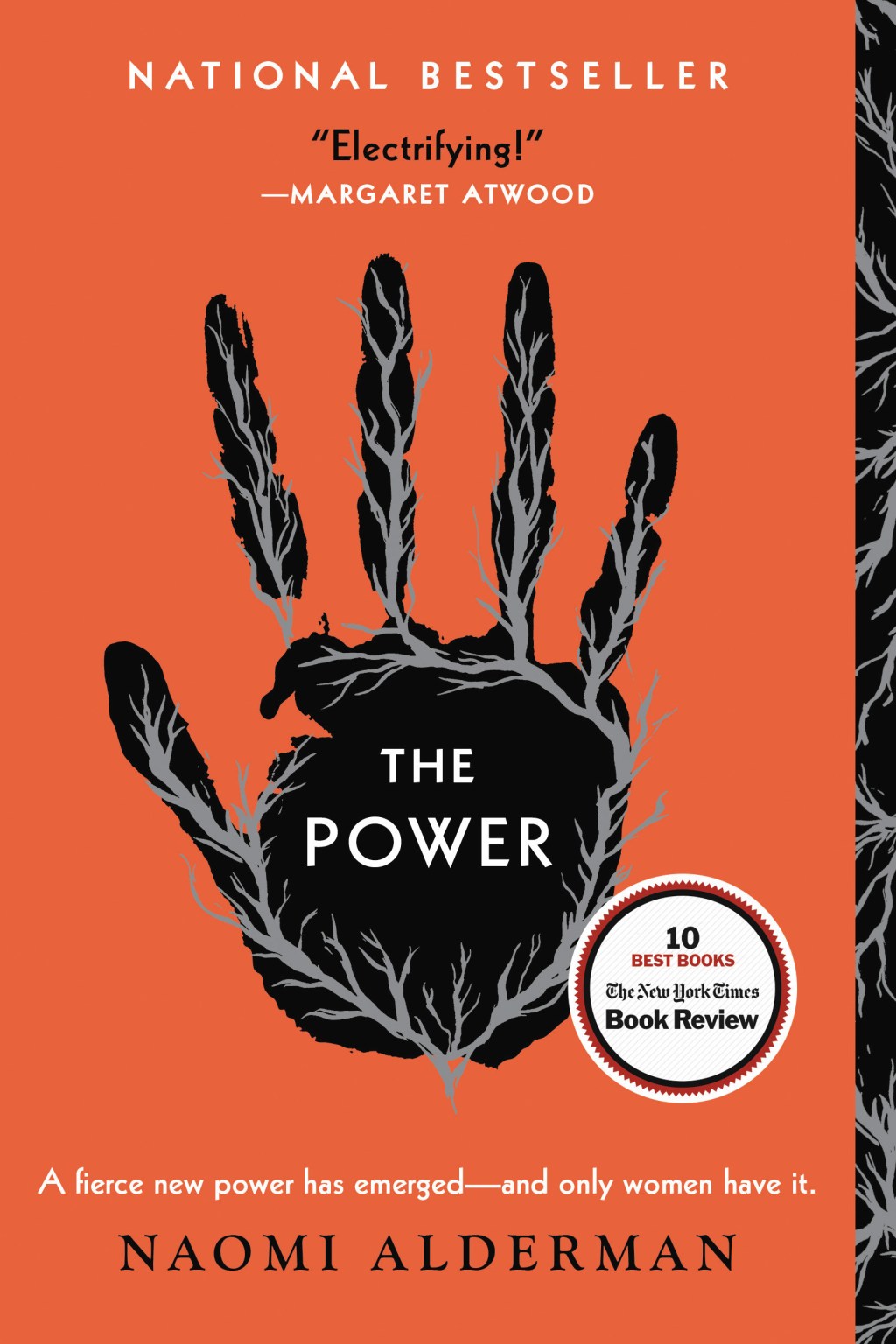
One of my absolute favorites on this list, The Power takes place in a patriarchal world that looks a lot like our own, where teenage girls begin developing a mysterious power that allows them to send out electrical shocks from their hands and cause excruciating pain or even death. Suddenly, women hold the power in society—and soon find themselves tempted by that power to essentially recreate the imbalances and injustices of the previous setup, just as a matriarchy this time.
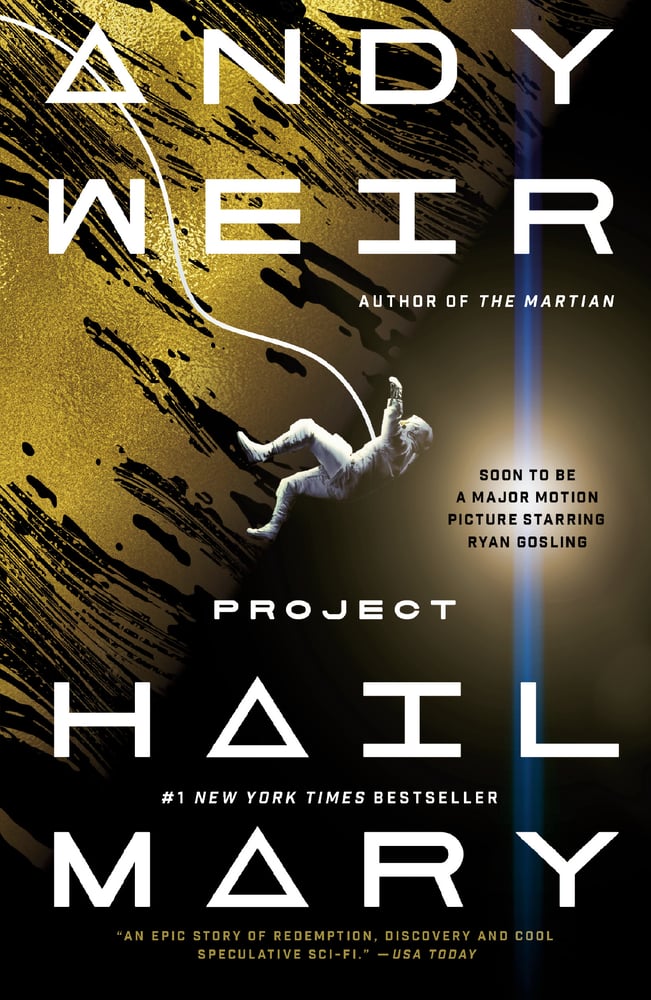
The Martian may be the better-known of Andy Weir’s books, but I personally prefer Project Hail Mary. It starts by building on the “struggle for survival amid the desolation of space” themes of The Martian, while introducing a delightfully lovable alien creature who becomes a true friend to astronaut Ryland Grace. As they work together to try to get Ryland back to Earth, you’ll laugh, you’ll cry, and you’ll find yourself wishing you, too, had an alien bestie like Rocky. Pro tip: The audiobook version is a must-listen, thanks to the way it brings Rocky’s alien language to life.
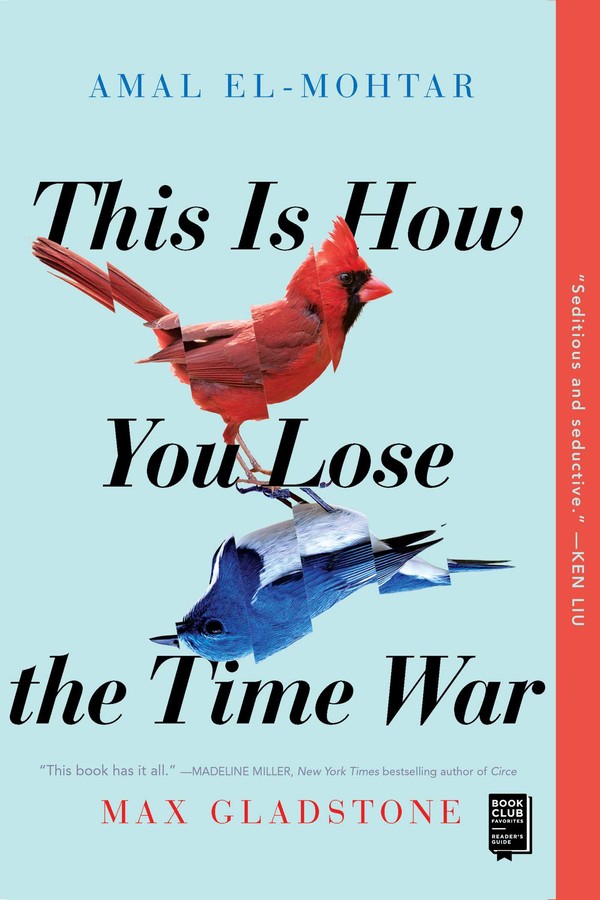
This queer take on a fast-paced time-travel plot is told in the form of a series of letters between two agents from warring factions who are chasing each other across time. They leave messages behind for one another throughout the chase, setting up a forbidden-love story for the ages and leaving them scrambling against time itself to preserve a future together.
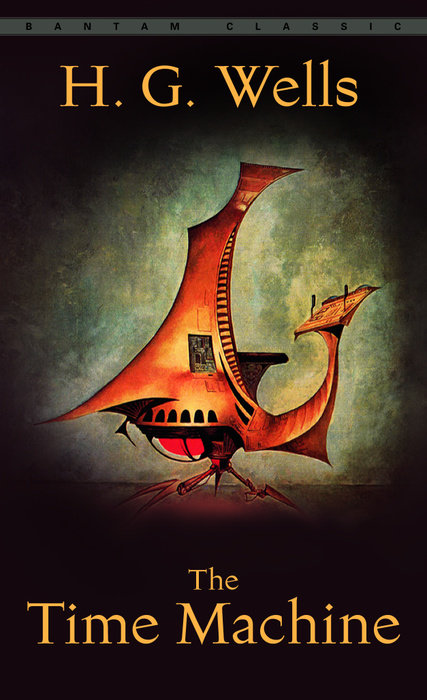
H.G. Wells’s 1895 post-apocalyptic tale has been credited with coining the term “time machine” and popularizing the concept of intentional time travel. In it, an anonymous traveler recounts a trip to the far-off future. During his travels, he encountered a society of two distinct groups of humans—who appear to be descendants of the upper and lower classes of contemporary society—and went on a journey to recover his stolen time machine.
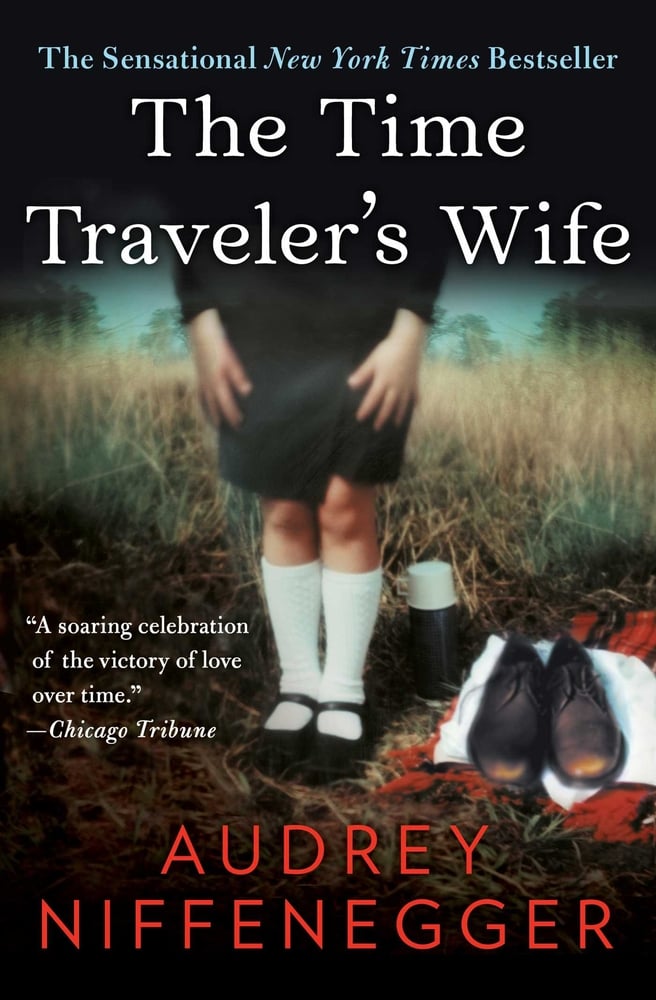
If you like your sci-fi with a side of sweeping romance, this one’s for you. It jumps back and forth through the lives of Henry—who has a genetic disorder that causes him to unexpectedly and uncontrollably pop in and out of various years of his own life—and Clare, his eventual wife, to whom he’s been appearing since her childhood. The circumstances of their situation are frustrating and heartbreaking, but Henry and Clare’s story is also an intensely moving testament to the time-spanning power of true love.
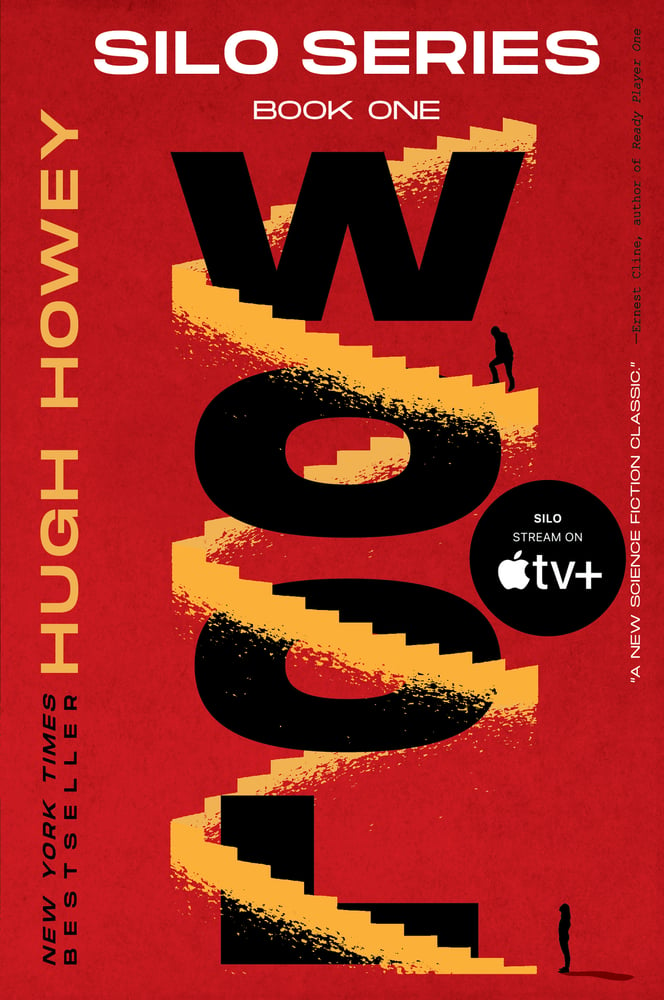
The first in Hugh Howey’s Silo series, Wool introduces a post-apocalyptic world in which humans reside in a silo that, across dozens of mostly underground floors, contains a self-sustaining society. The story kicks off with the death of the silo’s sheriff after he was sent outside into what the residents have been told is a toxic environment. His replacement is Juliette, a scrappy mechanic from “down deep” in the structure, who soon learns on her journey upward that the government may be withholding key information from the silo’s citizens.
Get exclusive access to fashion and beauty trends, hot-off-the-press celebrity news, and more.
Andrea Park is a freelance writer for Marie Claire, where she writes mainly about pop culture, drawing on her lifelong obsessions with consuming every book, movie, and TV show she can get her hands on. Andrea is based in Chicago and graduated from Northwestern University's Medill School of Journalism and Columbia University's Graduate School of Journalism. Her byline has also appeared in W, Glamour, Teen Vogue, PEOPLE, and more.
